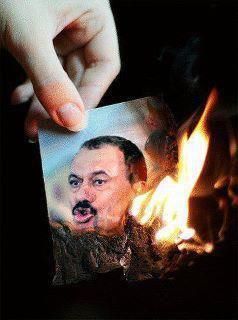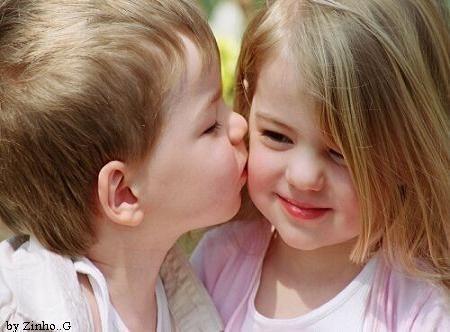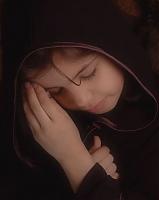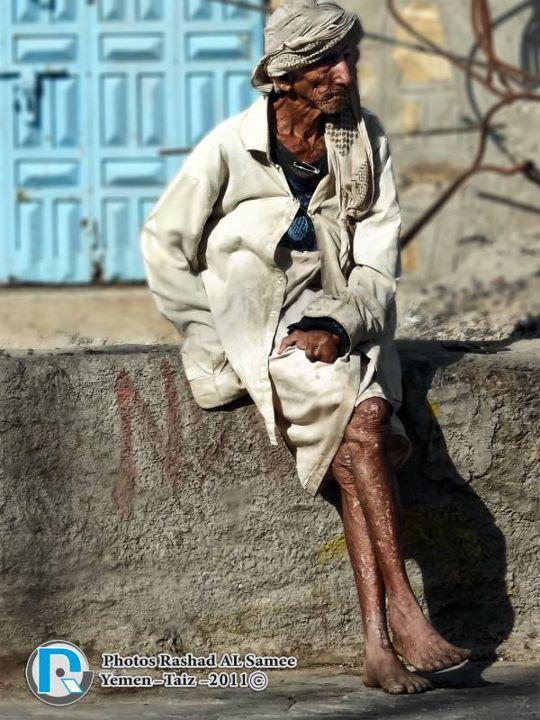Chocolate - A Reading with Comprehension Questions
University of Valladolid (Valladolid, Spain)Chocolate originated in Mexico with the Aztec Indians and came to Spain through the Spanish conquistadors. Christopher Columbus encountered cocoa beans for the first time in 1502.
The Aztecs used cocoa beans to make a bitter, foamy beverage called tchocolatl, which was drunk during religious celebrations. The Spaniards weren't fond of tchocolatl, but that didn't stop them from shipping the beans back home. Charles I received a shipment in 1525. Spain held a monopoly over the cocoa trade for about a hundred years.
Although cocoa arrived in Italy in the late 16th century, it didn't really become a trend outside of Spain until 1615, when Louis XIII married Anne of Austria, the daughter of King Philip III of Spain. Chocolate was served at their wedding in Paris, and soon after that, it became a favorite drink for French aristocrats.
During the sixteenth and seventeenth centuries, chocolate was the most popular drink in Spain. Popular foods at the time were sponge cake, marzipan, turr—n, and crystallised fruits. Richard Ford in Gatherings From Spain said that chocolate "is for the Spanish what tea is for the English and coffee for the French. It is found nearly everywhere and is always excellent."
Today, Spain is a major producer of chocolate, with 50 large manufacturers and countless small-scale producers. The quality of Spanish chocolate is still excellent. However, chocolate products are not widely marketed outside of the country.
- Where was chocolate initially used?
- How did the Aztecs name it?
- Did Spanish like this beverage?
- How many years did the Spanish monopoly of chocolate last?
- When did the chocolate catch on in other countries?
- What other types of food were popular in Spain during the sixteenth and seventeenth centuries?
- How did Richard Ford describe chocolate?
- What do you think Gatherings From Spain is?
- How does the writer describe Spanish chocolate?
- Is Spanish chocolate massively marketed outside the country?










